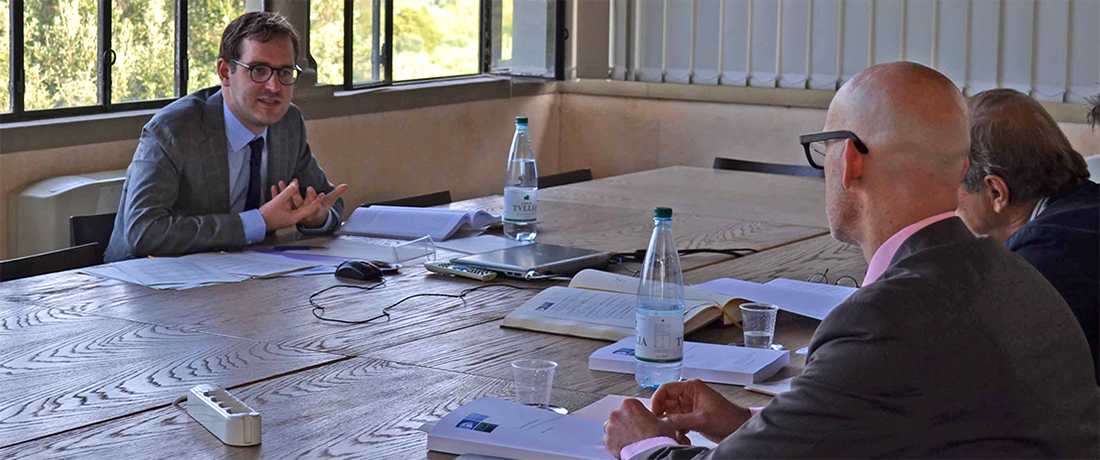
31 Oct The historian as conspiracy theorist (blog by Bart Luttikhuis)
“Are you a pessimist or an optimist?” one of the examiners asked at my recent thesis defence. The question caught me by surprise. In my thesis I argue that the colonial state in the Dutch East Indies in the 1920s and 1930s attempted to achieve a more racially inclusive society. The examiner proposed a thought experiment: “Imagine World War II had not intervened,” he said, “do you believe the promised inclusivity would have blossomed? Or do you agree that the Dutch colonizers, when push came to shove, would ultimately have reverted to violent oppression and reasserted their superiority?”
As I scrambled to answer the question, I came up with the rather weak response that I was probably “somewhere in between”. But the question stayed with me. Discussing it later with my father over lunch, I realized that my disagreement with the examiner was actually about something else. It was about the fundamental way in which we interpret historical sources.
From their very first undergraduate course, historians are taught to be critical of their sources. We are told never to be satisfied with merely recounting the stories we find. We should always look for the intents and purposes of the author: Who has written these documents, and at what time? And who was the intended audience?
These questions are essential, because anyone’s views and opinions are determined by their background; but we risk becoming too suspicious. The leading politicians in the Indies may have said that they were in favor of more political participation for Indonesians. But wasn’t this merely a cynical way to appease the colonized population? Strangely, we rarely practice the same level of scepticism towards the people we meet in our daily lives. So why do we automatically assume that all historical actors had a secret agenda?
This kind of thinking turns historians into conspiracy theorists. This is what my exchange with the examiner came down to. We both agreed that colonial society in the Dutch East Indies was fraught with inherent tensions that would ultimately lead to its demise. But we disagreed about the sincerity of the colonizers in their calls for racial equality. The examiner saw it as cynical window-dressing. I tend to think that they meant what they said.
Looking back, my answer to the examiner’s question should have been simple: I am a pessimist about where colonial society was heading. But I am an optimist about people’s intentions.




No Comments